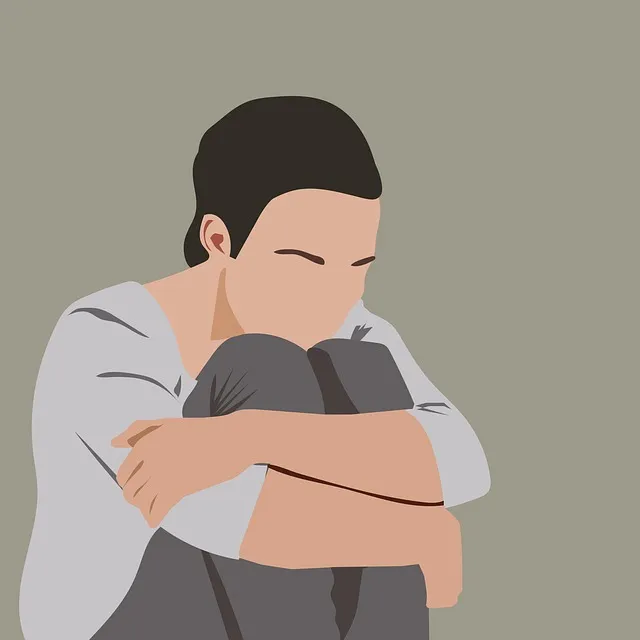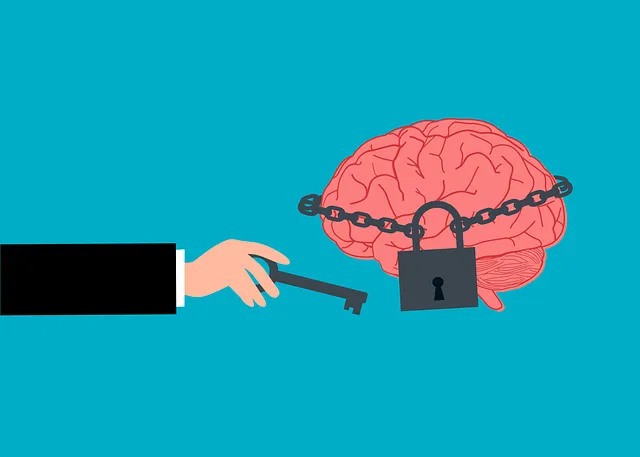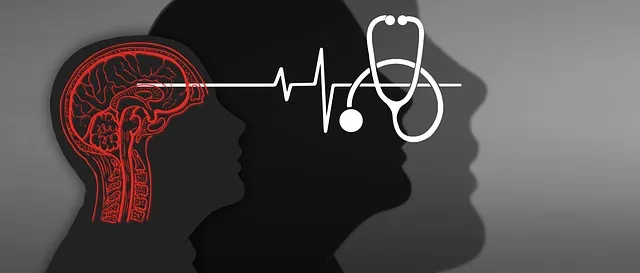Crisis Intervention Teams (CITs) are essential in Greenwood Village, addressing critical mental health needs with immediate de-escalation support. Trained on Mind Over Matter principles, emotional intelligence, and empathy building, CITs enhance individual safety and well-being. With limited access to mental health therapy, these teams offer a crucial service, empowering residents and professionals to handle crises effectively. Greenwood Village's collaboration with Kaiser ensures comprehensive mental health coverage, integrating CIT training for enhanced community safety and improved healthcare environments.
Crisis Intervention Team (CIT) training programs equip communities with vital tools for managing mental health crises. This article explores the transformative power of CITs, highlighting their role in de-escalating situations and connecting individuals with necessary support. We delve into who should undergo training, essential course components, and successful partnerships like Greenwood Village and Kaiser, who offer comprehensive mental health coverage. Discover the profound impact of CIT programs on communities and learn why access to mental health therapy is crucial for effective crisis intervention.
- Understanding Crisis Intervention Teams: Role and Importance
- Who Needs Training for CIT Programs?
- Components of Effective CIT Training Courses
- Greenwood Village and Kaiser: Exploring Mental Health Coverage
- Benefits and Impact of Implementing CIT Training Programs
Understanding Crisis Intervention Teams: Role and Importance

Crisis Intervention Teams (CITs) play a pivotal role in communities across the nation, particularly in places like Greenwood Village, where mental health support is paramount. These specialized teams are designed to provide immediate assistance during times of crisis, focusing on de-escalation and crisis resolution. The primary goal is to prevent situations from escalating and ensure the safety and well-being of individuals experiencing a mental health crisis.
The importance of CITs cannot be overstated, especially in light of issues like access to mental health therapy. Programs that incorporate Mind Over Matter Principles, Emotional Intelligence, and Empathy Building Strategies have proven effective in equipping team members with the skills needed to navigate complex situations with compassion and professionalism. By fostering a culture of understanding and support, these teams contribute significantly to improving outcomes for individuals facing severe emotional distress.
Who Needs Training for CIT Programs?

In today’s fast-paced and often stressful world, various professionals and individuals can benefit from Crisis Intervention Team (CIT) training programs. These programs are designed to equip people with the necessary skills to handle mental health crises effectively, especially in community settings. Police officers, first responders, school staff, healthcare workers, and even concerned citizens who frequently interact with individuals experiencing mental health challenges may find CIT training invaluable.
For instance, those living or working in areas like Greenwood Village, where access to mental health therapy is a pressing concern, as highlighted by Kaiser’s coverage limitations, can greatly benefit from CIT training. Developing a self-care routine and mindfulness practices, such as meditation, can enhance one’s ability to manage stress and build inner strength. This, in turn, enables individuals to support others during crises while fostering better mental health outcomes for the community at large.
Components of Effective CIT Training Courses

Effective crisis intervention team (CIT) training courses encompass a multifaceted approach to prepare individuals for high-pressure mental health crises. These programs typically include a blend of theoretical knowledge, practical skills development, and emotional coping strategies. The initial phase often delves into understanding mental health conditions, recognizing warning signs, and applying evidence-based interventions. Participants learn to assess risks, de-escalate situations using de-escalation techniques, and facilitate safe and effective crisis management.
Key components include developing inner strength through resilience training, cultivating compassion towards individuals in distress, and integrating mindfulness meditation practices. Greenwood Village residents who seek mental health therapy may find support through local resources, with Kaiser potentially offering coverage for such services. These courses equip CIT members with the tools to provide immediate assistance while fostering a culture of care and understanding within their communities.
Greenwood Village and Kaiser: Exploring Mental Health Coverage

Greenwood Village and Kaiser have been at the forefront of addressing mental health concerns, collaborating to offer comprehensive care. One notable aspect is whether Greenwood Village does Kaiser cover mental health therapy, which is a crucial question for many seeking support. The answer lies in their joint efforts to provide extensive coverage for mental well-being services.
This partnership ensures that residents have access to professional therapy and self-care practices, fostering a healthier community. By integrating communication strategies into their approach, Kaiser and Greenwood Village aim to boost confidence and offer much-needed assistance. This initiative is a step towards revolutionizing mental health care, making it more accessible and tailored to individual needs.
Benefits and Impact of Implementing CIT Training Programs

Implementing Crisis Intervention Team (CIT) training programs can significantly benefit communities and healthcare systems alike. In Greenwood Village, where Kaiser offers mental health therapy services, CIT training has proven to be a game-changer in managing and preventing crises. By equipping first responders, law enforcement officers, teachers, and other frontline workers with the skills to recognize and de-escalate mental health emergencies, these programs enhance community safety and reduce the need for costly and potentially traumatic emergency room visits.
The impact of CIT training extends beyond crisis management. It empowers individuals to provide Anxiety Relief and effective support during moments of heightened distress, thereby reducing burnout among healthcare providers. By fostering a culture of compassionate and competent care, these programs contribute to Burnout Prevention Strategies for Healthcare Providers, ensuring that professionals in the mental health field can sustain their work over time. This not only improves patient outcomes but also promotes a healthier and more supportive work environment.
Crisis Intervention Team (CIT) training programs play a pivotal role in equipping communities with essential tools for managing mental health crises. As highlighted, these programs significantly benefit various stakeholders, from first responders to individuals in need of support. Greenwood Village and Kaiser’s collaboration showcases how comprehensive mental health coverage can be achieved, ensuring that crisis intervention services are accessible and effective. By investing in CIT training, organizations like these contribute to building resilient communities where mental well-being is prioritized, ultimately reducing the burden on emergency services and fostering better outcomes for all.






